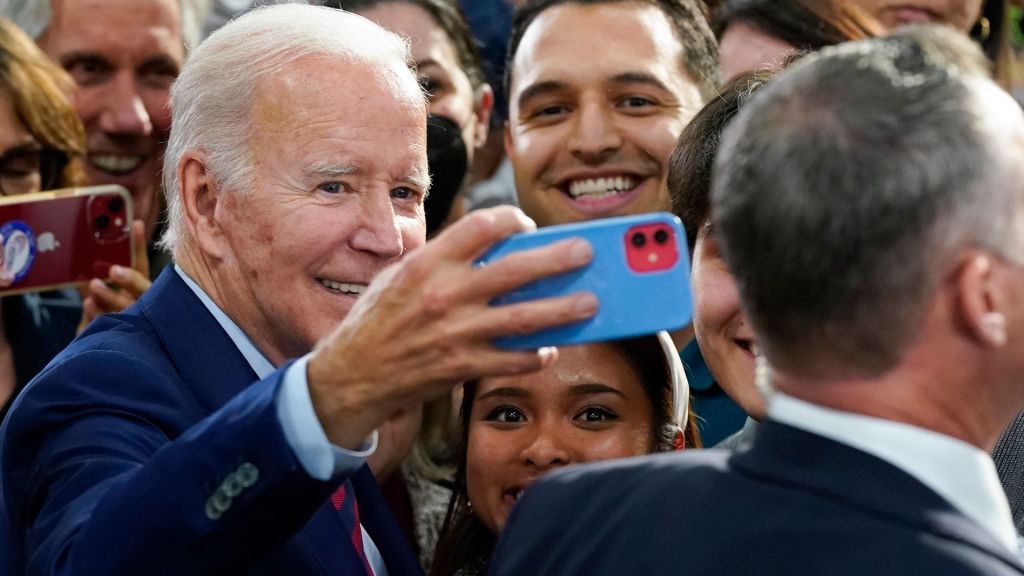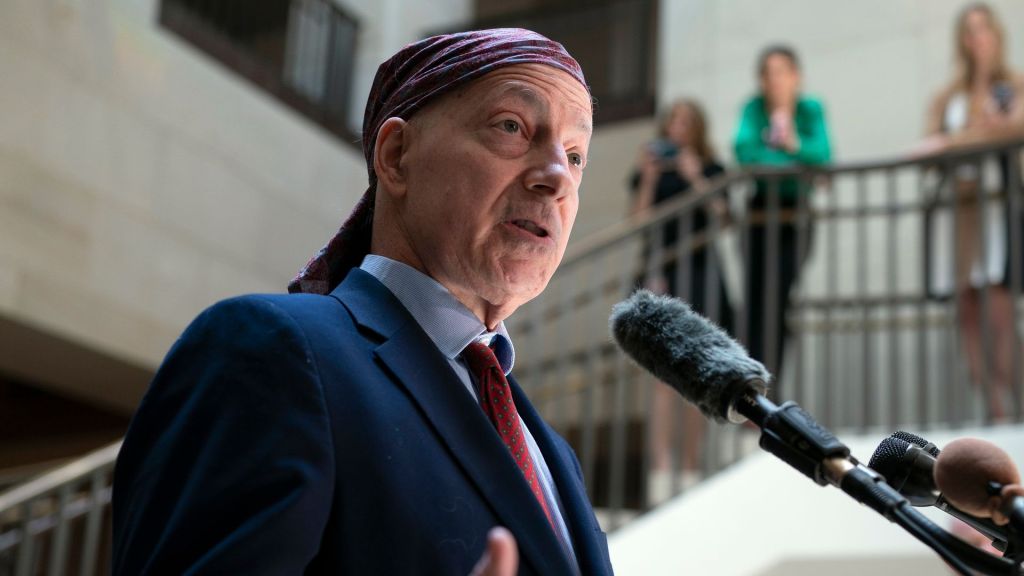
Dr. Grace Lee, committee chair: “It has been moved and seconded that we adopt the recommendation language presented by the work group for vote number one.”
“Vote number one passes with 15 yeses and zero nos. Thank you, everybody.”
“It’s been moved and seconded that we adopt the recommendation language for ACIP vote number two listed on the screen.”
“Vote number two passes with 15 yeses and zero nos.”
Dr. Jason Goldman, representative for American College of Physicians: “I was very concerned last time about how permissive the booster recommendations were in the absence of true data. And my concern with this is we don’t necessarily have the data, and it seems almost as if the policy recommendation is trying to overexplain to shore up the fact that we really don’t have the data to support it. It might be even easier to reflect what is going on on the ground floor anyway, which is anyone who wants a booster is getting it anyway.”
Dr. Sarah Long, committee member: “I am still very much bothered by the category of the 18 through 64 with perceived increased exposure.”
“I just feel that we’re abdicating our responsibility, not only to allow people to be immunized if they should be immunized, but to protect them from immunizations that they do not need that have adverse events.”
Dr. James Loehr, committee member: “I echo Dr. Long’s feeling that there are probably many people who are going to get a Moderna booster who don’t need it. However, given the situation that we’ve already approved of Pfizer and there are enough people who are looking for a booster, I’m inclined reluctantly, to just go ahead and recommend a similar pattern for the Moderna booster. I have much stronger feelings in favor of the Janssen booster.”
Dr. Pablo Sanchez, committee member: “People over 18 years of age who were initially vaccinated with the Janssen COVID-19 vaccine, I was personally not going to recommend the booster dose of the same product of Janssen. So I’m glad that we have included the mix and match part for the number two because there I, I would support it.”
Dr. Beth Bell, committee member: “I think that’s a really important aspect of all of this is being clear and not dancing on the head of a pin so that we don’t further confuse the American people. I think, you know, between all the different recommending bodies and voices out there, we risk really sort of sacrificing what’s best overall in the in the, you know, for the purposes of purity.”






